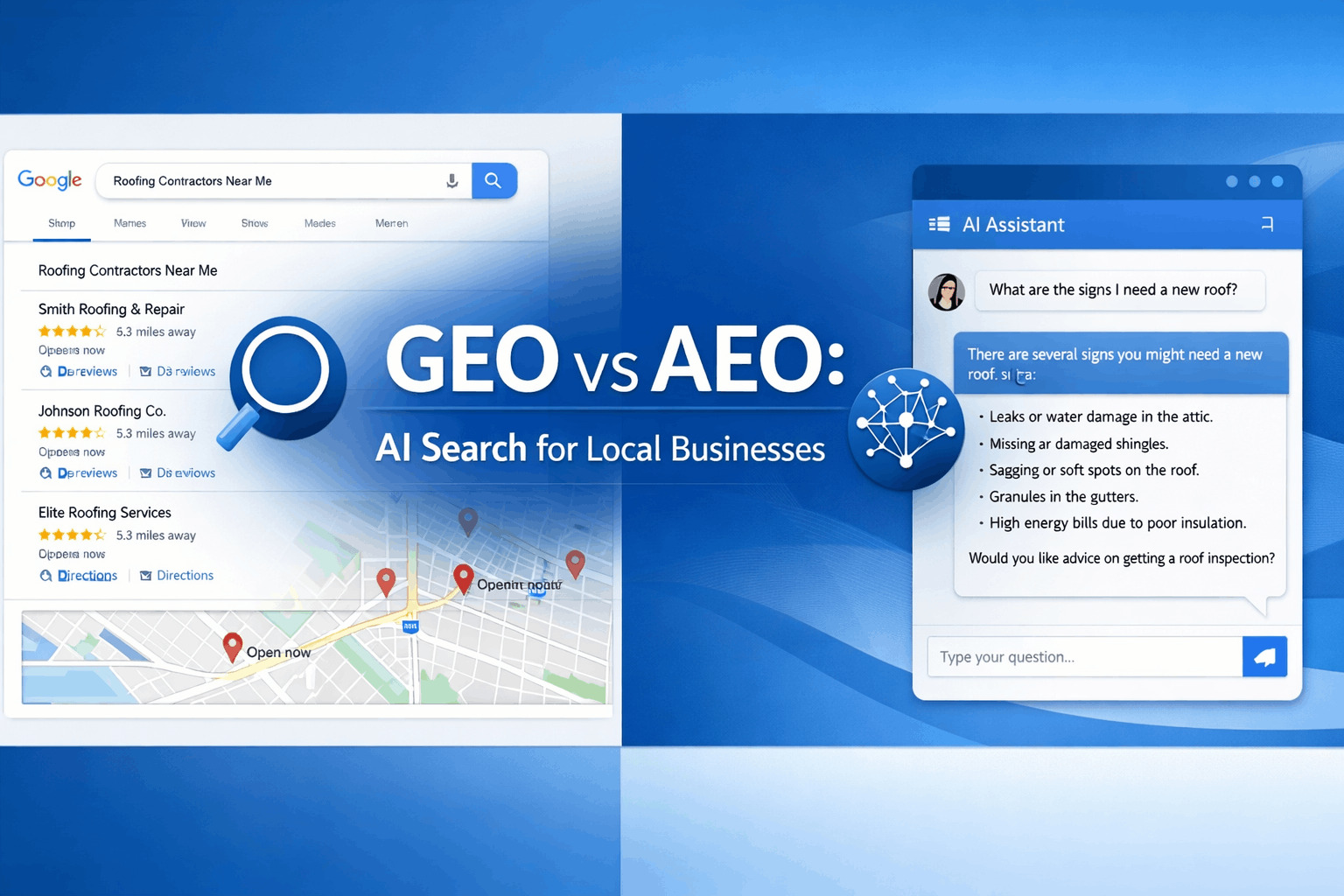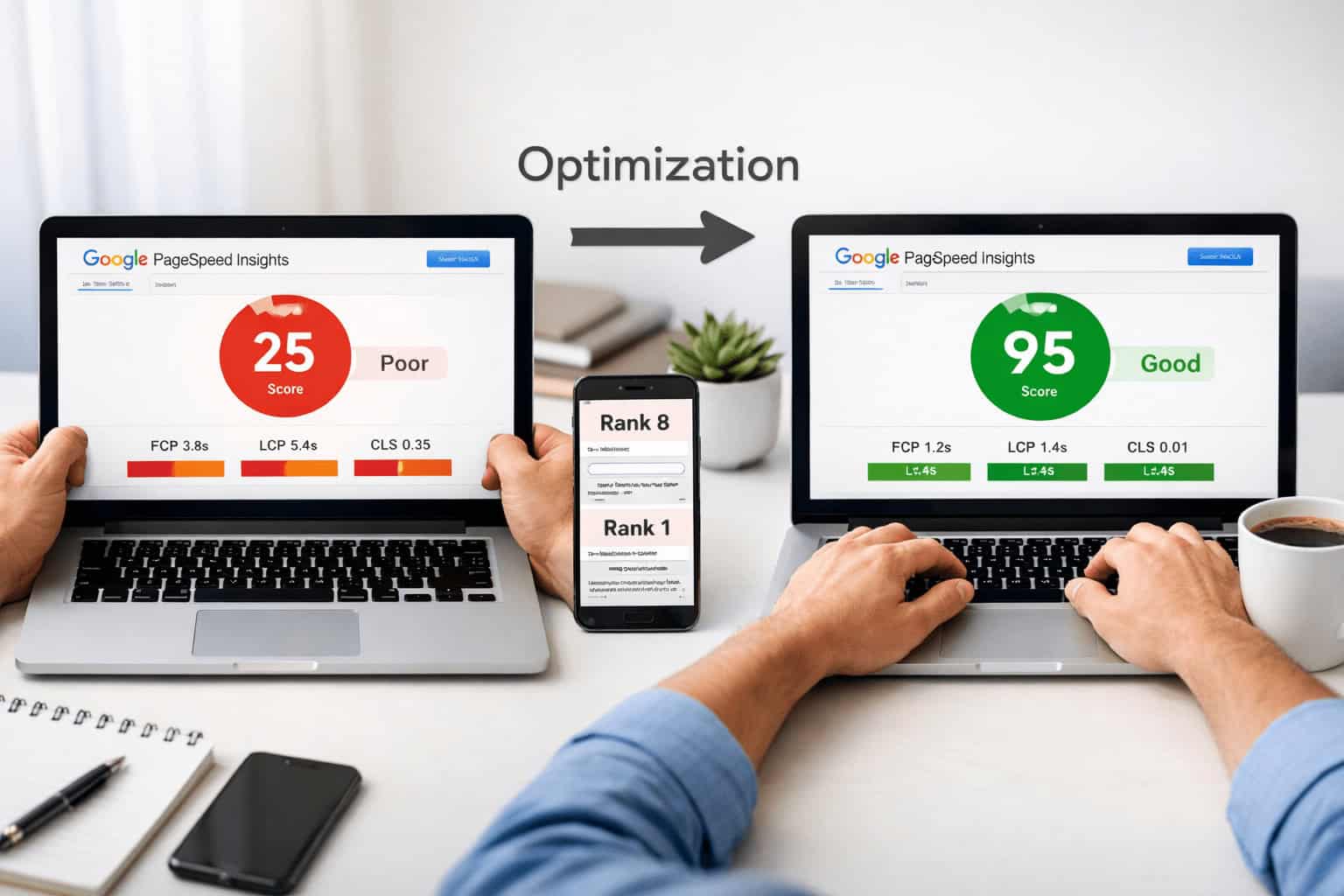Mastering SEO is a multi-layered project. There is copywriting, metadata, website features, and website optimizations. SEO is both a way of writing and an entire philosophy of web design, all focused on achieving the highest page ranking for your website on search engines, mainly Google.
This is the primary focus of most web design and content marketing efforts today, and every tactic counts. One of the most important strategies for building your SEO relevance is backlinks, which are used as a measure of internet popularity.
This post explores the practice of buying backlinks. Here’s what you need to know.
There are many strategies for creating and networking backlinks, but only some are permitted by Google.
Because there has been so much mischief in the past regarding backlinks, certain tactics have been banned and can even get a site blacklisted. To safely build a backlinking strategy, you will need to understand the landscape and approved and prohibited backlinking tactics.
What are Backlinks?

Backlinks, also called inbound links, are links from other websites to yours. They are like arrows pointing across the internet, and Google views them as a type of popularity vote. Websites that are linked often become authoritative websites, which are more weighty in the SEO sphere internally and externally.
Backlinks can be links from blog to blog, links to your reference material and educational content, links to your product and service pages, or links to images and videos you host.
There are many ways to create backlinks, but Google only permits methods that genuinely reflect page value and user activity.
In other words, you can manipulate your number of backlinks as long as they are genuine, useful, used, and don’t fall into a known backlink scam pattern. This is done through a practice called link building.
What is Link Building?
When you want more backlinks, you devise a link-building plan.
Like SEO, link building is a catch-all term for any action taken to build a network of links into and out of your website, primarily to increase the number of backlinks from other sites.
Link-building strategies usually involve two stages:
- A page worth linking to
- Awareness and reason to link
You might, for example, release a study or handy infographic that many people will want to link to when they see it.
The second half of your strategy is creating awareness of the content people want to link to. Share it on social media, reach out personally, and build networks and partnerships.
You can also go the other way and create a reason to link, followed by a page worth linking to.
A community event page, for example, starts with the reason and ends with a useful page of information and services for event attendees or vendors.
In short, link building draws links from other websites to pages on your website within the allowed parameters.
What Backlink Strategies are Banned by Google?
- Faking backlinks
- Joining link listings
- Linking with blog networks
- Thin-content guest blogs
- Irrelevant linking
Do You Still Need Backlinks to Rank Today?
Backlinking is a very old SEO strategy, so it’s reasonable to check if it’s still relevant. Yes. Yes it is. Backlinking is still considered a powerful “vote” for the importance of your website. The more sites, and the more powerful those sites are, the more votes you get for page ranking. In addition, a good-quality backlink from a high-traffic page will result in clicks, visits, and more exposure from the shared audience.
Backlinks are, themselves, counted by Google, which then ranks your website again with increased traffic. If your backlink pages have a high re-linking value, the new traffic may also result in additional backlinks from newly inspired readers.
Why Would Someone Ever Consider Buying Backlinks?
Building backlinks is a complex and time-consuming process. In fact, it’s one of the most complex tasks in digital marketing. It’s not enough to just create good content and get it out there. You need to build a network and a collection of organic strategies to get your links in use with other sites. This is why companies, quite naturally, look for ways to save time and improve backlink results by buying backlinks.
But in the SEO world, there’s paying for links and there’s paying for marketing that acquires links. It’s true that you should never ever pay another site or service to host your link or host thin content that wraps a link.
But paying a marketing team to build your backlinks with organic methods is industry standard. Buying backlinks in this fashion can save time and provide more satisfactory results in your link building strategy.
Getting Penalized for Buying Backlinks (and how to avoid it)
Google has a network of protections against abusive back-linking. Known blackhat link strategies like listing sites and poor-quality guest posts (or worse, copy-pasted guest posts) will absolutely earn penalties.
Buying backlinks through any strategy that generates a sudden boost in backlinks and lacks foundational support such as good content, authoritative sites, and relevant anchor text will seem suspicious. Sometimes, even legitimate guest posting with your blogger friends can get penalized if it seems too link-circling.
However, you can also easily avoid penalties by understanding organic back-linking. If your backlinks come in at an easy pace, if they are all embedded in original, high-quality content, and if they are anchored to relevant, helpful text, then you are in the clear. If your links are natural references to pages, on-topic from other sites, and if they arrive over time instead of all at once, Google will not raise red flags.
What Type of Links Should I Be Getting?
Types of backlinks matter, but so does variety.
When developing your backlink strategy, you need to make sure you have a diversified link profile.
There are basically two types of backlinks, in content or contextual links and foundational links.
Contextual Link Building
The most powerful backlinks are from authoritative sites, often as an official (auditioned and approved) guest blogger from a popular content website.
Having your website, services or content referenced within the content of another high authority website is a very powerful signal that transfers ‘link juice’ to you.
The easiest way to get such a link is from guest blogging.
It is especially beneficial when the anchor text used incorporates a relevant keyword phrase as well.
However, it’s important to diversify the anchor text as well. Too many keyword anchor texts will look suspicious and can get your site penalized. To prevent that, mix it up with natural phrases and add some CTAs (like “learn more here”).
Having your resources (studies, infographics, guides and articles ) linked by popular and respectable websites is equally powerful. Therefore, it is wise to create high-value link-worthy content to earn those coveted contextual links.
Foundational Links
However, your backlinks should also include foundational links related to your website. Websites and business directories like GMB, Yelp, LinkedIn, and Glassdoor prove that your company is legit. Links on smaller websites like forums and personal blogs show that the population is engaged with your website.
So while the foundational links won’t necessarily drive rankings for the keywords themselves, they will establish to Google that you’re a legitimate business and it will establish and improve your domain authority.
Bottom line:
1. All types of organic backlinks are valuable
2. The reputation of your linker has weight.
3. Diversification of anchor text and link types within your backlink profile will help improve your rankings.
How Do I Start?
Developing your link-building strategy and buying backlinks organically is not difficult if you know the rules or work with a team of pros.
Many businesses get started on the right foot by working with backlinking experts in the marketing field. Digital marketing teams can help you build organic backlinks while saving you the hours and days of effort spent building networks and creating link-worthy content.
If you’d like to consult us about developing your company’s link-building strategy, contact us today. We offer a wide range of link-building solutions to fit your needs.



